In 2018, SDSN released the first United States state-level report measuring how well US states delivered the Sustainable Development Goals (SDGs). This new report by SDSN looks at if, and how well, states are progressing towards the 2030 Goals.
Below is an excerpt from the report, a forward written by co-author and SDSN USA co-chair Jeffrey Sachs.
Forward
I am very pleased to welcome this year’s United States Sustainable Development Report 2021. This report provides an up-to-date benchmarking of the progress of the 50 states towards the Sustainable Development Goals. The message is sobering. Most of the states are far off the mark in achieving the SDGs. Parts of the US are especially off track, notably the states of the Southern and Appalachian regions.
The overall shortcoming of the United States in progress towards the SDGs is easily grasped by the overall US ranking among nations. In the global Sustainable Development Report 2021, the US ranked 32nd in the world, far behind most of the high-income countries. The US is especially lagging because of high obesity (SDG 2), low share of renewable energy (SDG 7), high inequality of income (SDG 10), high flows of wastes and emissions embodied in imports (SDG 12), high CO2 emissions (SDG 13), low protection of marine (SDG 14) and terrestrial (SDG 15) ecosystems, high rates of homicide and incarceration (SDG 16), low levels of development assistance (SDG 17), and excessive tax secrecy (SDG 17).
The state level data not only replicate this overall lack of progress, but signal enormous variations across the US states. The highest performing region is New England, with Vermont ranking 1st, followed by Massachusetts (2nd), Maine (5th), New Hampshire (7th), and Connecticut (12th). The lowest ranking states are in the South and Appalachia, with Arkansas (47th), Louisiana (48th), West Virginia (49th), and Mississippi (50th).
The poor performance of the US states reflects, among other factors, the enormous and rising inequality in American society. America is starkly divided by class, race, gender, and geography. This year’s report, and SDSN’s companion report In the Red: The US Failure to Deliver on the Promise of Racial Equity, put a special focus on the conditions of the poor and excluded in American society, especially regarding disparities by race and ethnicity. The evidence suggests that the large gaps in social and economic conditions in America are actually worsening on several crucial dimensions, such as wages, residential segregation, and child poverty.
Unfortunately, the SDGs have not yet achieved a prominent position in US politics and public policy. While many universities, businesses, NGOs, and cities are aligning with the SDGs, the engagement of the federal and state governments on the SDGs remains far weaker, especially in comparison with the prominence of the SDGs in peer nations, notably in the European Union. The Trump Administration not only ignored the SDGs in policy making but avoided reference to them in US diplomacy as well. We hope that this year’s report will not only shine a light on the US shortcomings in progress towards the SDGs, but also spur a new national commitment to the goals, which after all have been adopted by all 193 member states of the United Nations.
As we go to print, President Joe Biden’s proposals for Building Back Better (BBB) are still in legislative limbo. I would like to note that many of the proposals — for example on expanded healthcare, access to education, and sustainable infrastructure — are strongly aligned with the SDGs, and would help to advance America’s progress towards the goals. Ironically, the lead political opposition to the BBB proposals often arise in Congressional delegations of the states in the South and Appalachian Region that are farthest behind in achieving prosperous, inclusive, and sustainable economies. I hope that the detailed data and analysis in this report will help to align federal actions with rapid progress towards the SDGs.
Jeffrey D. Sachs
Director, Sustainable Development Solutions Network
Download slide deck for communicators (pdf)
Download slide deck for communicators (powerpoint)

